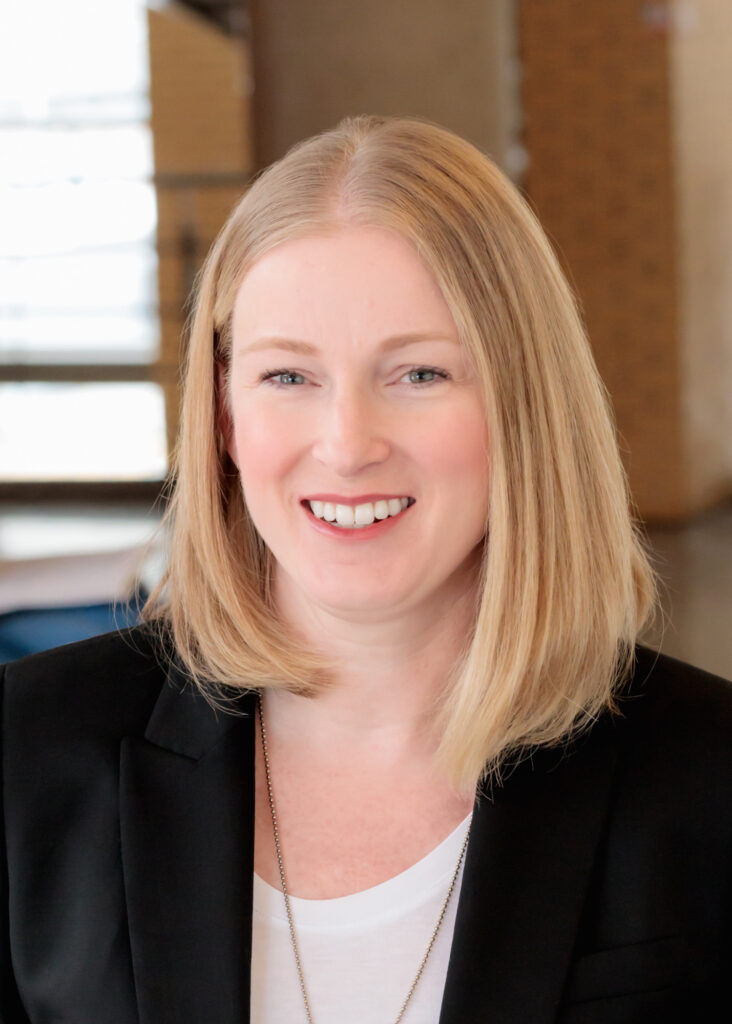
Social-media break has huge impact on young women’s body image: York U study
Psychology prof says online exposure to idealized images creates ‘infinite’ opportunities for comparison
TORONTO, May 01, 2024 – There’s a large and growing body of evidence pointing to potentially negative impacts of social media on mental health, from its addictive nature to disruptions in sleep patterns to effects on body image. Now, a new study coming out of York University’s Faculty of Health found young women who took a social media break for as little as one week had a significant boost in self-esteem and body image – particularly those most vulnerable to thin-ideal internalization.

“The statistician inside me was excited – we don't often see effect sizes this large in my area of psychology research because human behaviour is complicated and there's lots of variability,” says Psychology Professor Jennifer Mills, co-author of the paper. “We hope this study can be used to help protect young people and influence social media companies to give users more agency in how they interact with these platforms.”
The paper, out this week in the journal Body Image, is thought to be the first to look specifically at social-media breaks and body image. Mills, whose lab has been on the forefront of this kind of research, collaborated on the paper with graduate researcher Lindsay Samson and undergraduate Olivia Smith, both students at York. They expected that there might be recruitment challenges, but it turns out there was enthusiasm for taking a social media pause among the 66 first-year female undergraduates who participated. Half were instructed to continue their social media as per usual, while the other half were given instructions to refrain from Instagram, Facebook, Twitter, and TikTok and other social media use for one week. They conducted baseline surveys before the experiment, and tested the participants again after the week was over.
“There's natural variability in how people feel about their bodies and about themselves in general, so we took that into account statistically, and even after that there were still significant differences between the groups after one week,” says Mills, who is also the director of clinical training for the graduate psychology program.
The differences in the social media landscape are remarkable compared to when Mills started researching eating disorders and the effects of media, like magazines aimed at women.
“Back then, you could only spend so many minutes or hours looking at fashion and beauty magazines and they only came out once a month. There was a finite amount of content that you would be exposed to. With social media it's infinite. It's always new and novel, which triggers our brain's reward system that makes us want more and more of something.”
Mills says the improvements found in this study might be explained both by women spending far less time engaging in behaviours known to have a detrimental effect, such as comparisons with others, but they may have also replaced social media with healthier behaviours.
“If we're spending more time in real life, socializing with friends, getting sleep, getting outdoors, getting exercise, there could be secondary behaviours that fill the void left by social media. Future research will try to disentangle that.”
About York University
York University is a modern, multi-campus, urban university located in Toronto, Ontario. Backed by a diverse group of students, faculty, staff, alumni and partners, we bring a uniquely global perspective to help solve societal challenges, drive positive change, and prepare our students for success. York’s fully bilingual Glendon Campus is home to Southern Ontario’s Centre of Excellence for French Language and Bilingual Postsecondary Education. York’s campuses in Costa Rica and India offer students exceptional transnational learning opportunities and innovative programs. Together, we can make things right for our communities, our planet, and our future.
Media Contacts: Emina Gamulin, York University Media Relations and External Communications, 437-217-6362, egamulin@yorku.ca
